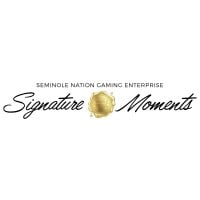
Interblock Gaming
Interblock®, established in 1989, is recognized worldwide for high quality, multi-player machines that provide the ultimate in luxury interactive entertainment experiences. Fully and semi automated electronic gaming tables as well as video gaming solutions by Interblock provide casinos, arcades and gambling halls superior product performance and their guests an unforgettable gaming experience. The company’s multiplayer gaming machines are setting new industry standards that have earned the brand its position as market leader in its business segment. The Interblock brand is synonymous with state-of-the-art gaming solutions with global market presence and superior technical support in more than 200 jurisdictions. For more information, please visit (http://www.interblockgaming.com/) or call 702 260-1384. Instagram @InterblockGaming Facebook & Twitter @InterblockNews






